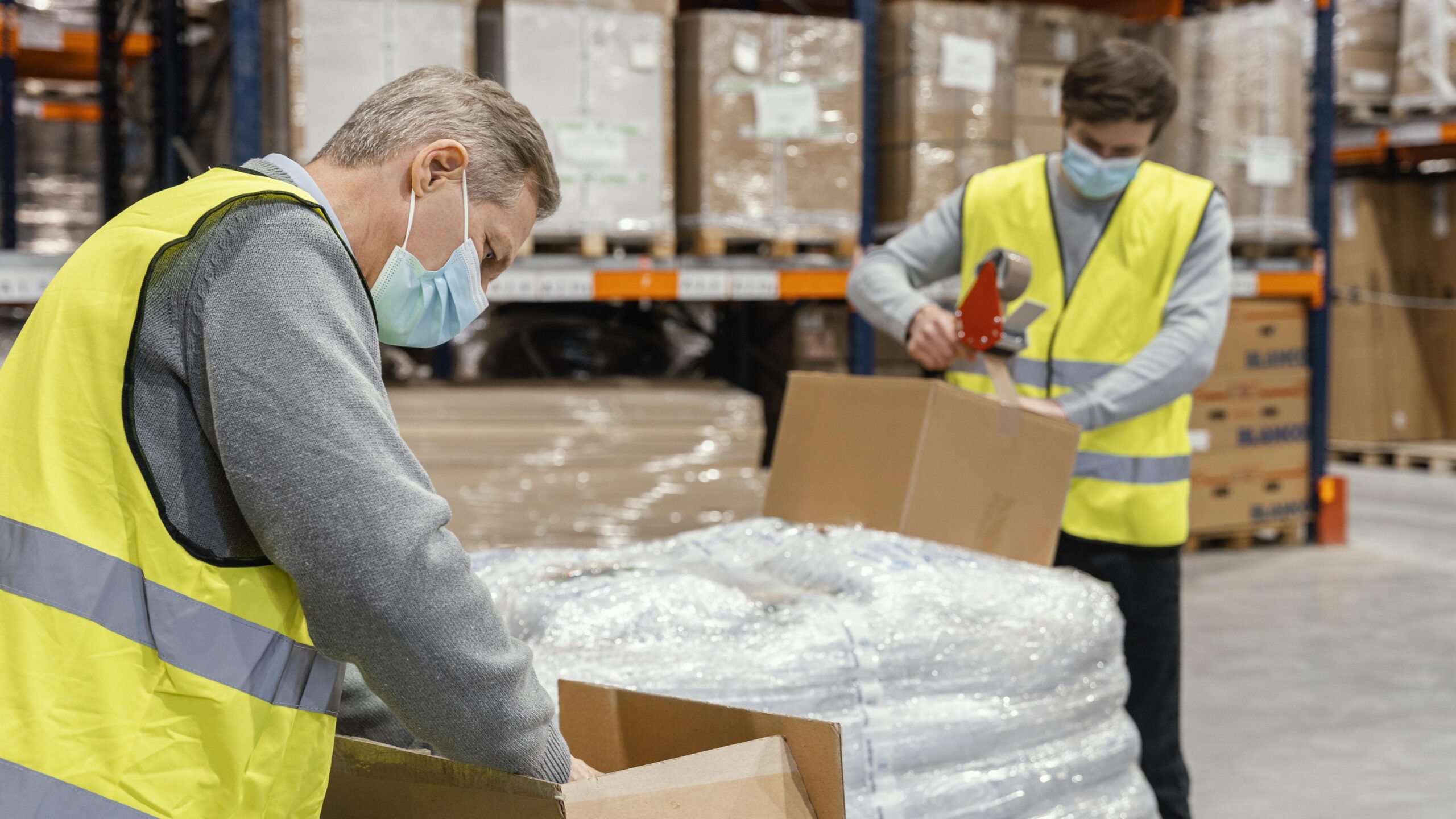Monday to Saturday - 8:00 -18:00

Understanding Customs Clearance: A Customer’s Guide to Smooth International Shipping
Introduction: Navigating the customs clearance process is a critical aspect of international shipping. Customs clearance involves complying with import/export regulations, submitting the necessary documentation, and paying duties and taxes. This article serves as a comprehensive guide to help customers understand customs clearance and ensure a smooth international shipping experience.
- Importance of Customs Clearance:
- Customs clearance is a legal requirement that ensures compliance with the customs laws and regulations of the importing and exporting countries.
- It involves verifying the accuracy of documentation, assessing duties and taxes, and addressing any potential risks associated with the goods being transported.
- Proper customs clearance facilitates the smooth flow of goods across borders, minimizes delays, and helps prevent penalties or confiscation of goods.
- Required Documentation:
- Familiarize yourself with the necessary documentation for customs clearance. Common documents include commercial invoices, packing lists, bill of lading/airway bill, certificates of origin, and any specific permits or licenses required for certain goods.
- Ensure that all documents are accurate, complete, and compliant with the regulations of the importing and exporting countries.
- Customs Duties and Taxes:
- Understand that customs duties and taxes may apply to your shipment. These charges are typically based on the customs value of the goods (including the cost of the goods, freight, and insurance).
- Research the customs tariffs, duties, and taxes applicable to your goods in the destination country. Consult with customs authorities or a customs broker to determine the precise amounts and any available exemptions or reductions.
- Customs Brokerage Services:
- Consider engaging the services of a professional customs broker. A customs broker specializes in navigating the complexities of customs procedures and regulations.
- A customs broker can assist with completing the necessary paperwork, providing guidance on customs requirements, and facilitating communication with customs authorities, thereby streamlining the customs clearance process.
- Compliance with Import/Export Regulations:
- Ensure that your shipment complies with import/export regulations of the countries involved. Research any specific restrictions, licensing requirements, or prohibitions applicable to your goods.
- Non-compliance with regulations can result in delays, penalties, or even the seizure of goods. Stay informed about restricted items, controlled substances, or goods subject to specific import/export controls.
- Communication with Customs Authorities:
- Maintain open and transparent communication with customs authorities. Promptly respond to any inquiries or requests for additional information.
- Address any discrepancies or issues raised by customs promptly and cooperatively to prevent delays in the customs clearance process.
- Utilize Customs Resources:
- Take advantage of resources provided by customs authorities and industry associations. These resources may include online portals, guides, or helplines that offer information and assistance related to customs clearance.
- Stay updated with any changes in customs regulations or procedures that may affect your shipments.
Conclusion: Understanding customs clearance is crucial for a smooth and successful international shipping experience. By comprehending the importance of customs clearance, gathering the necessary documentation, being aware of customs duties and taxes, considering customs brokerage services, ensuring compliance with import/export regulations, maintaining communication with customs authorities, and utilizing available customs resources, customers can navigate the customs clearance process with confidence and ensure the efficient movement of their goods across international borders.

